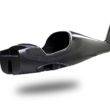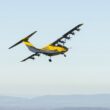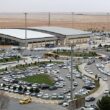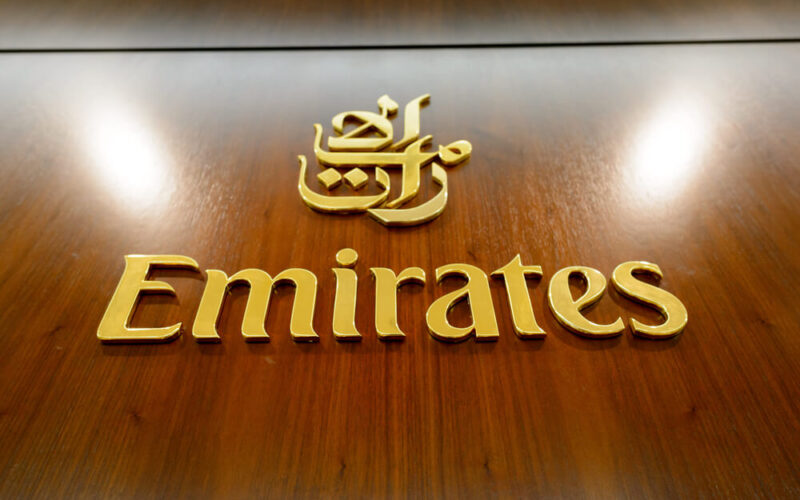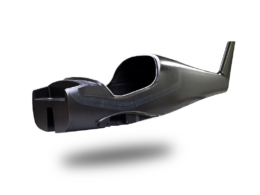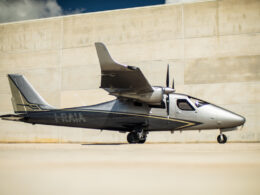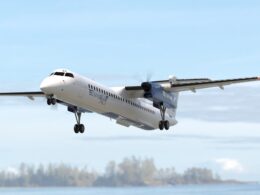Emirates has announced that the airline will shift some of the executive roles, with several people taking up new roles at the helm of the airline’s operations. Adel Al Redha will take up the position as Chief Operating Officer (COO), Adnan Kazim is appointed as Chief Commercial Officer (CCO) and Sheikh Majid Al Mualla is the new Divisional Senior Vice President of International Affairs.
Adel Al Redha will drop his Executive Vice President role at the airline, which Emirates promoted him to back in 2013, and will only serve as the COO of the company. Interestingly, Emirates finally confirmed the replacement at the CCO position, which has been empty ever since Thierry Antinori abruptly left the Dubai-based airline in May 2019.
Adnan Kazim served as the interim CCO and it seems like he got the stamp of approval and will serve as the long-term CCO at the carrier, managing commercial operations of the airline. Meanwhile, Sheikh Majid Al Mualla, previously Divisional Senior Vice President at the Commercial Operations Centre, will now shift his attention to International Affairs of the airline and will be responsible for the agenda of Emirates‘ policy, environment and international affairs.
The newly appointed executives have their fair share of experience within the airline – Adel al Redha, Adnan Kazim and Majid Al Mualla have 31, 27 and 23 years of background in Emirates, respectively.
Sheikh Ahmed bin Saeed Al Maktoum, the Chairman and CEO of Emirates Airline and Group, noted that the new appointments will bring “deep and diverse experiences from different areas of the airline business“ and will help the “airline‘s future growth and strengthen Emirates’ presence, agility, and focus across the globe“.
“We’re not in a good place at the moment”
There is no denying that after numerous years of rapid growth, Emirates is slowing down – the airline, even with increasing revenues and capacity numbers, reported a profit of $237 million (AED 871 million) in the previous year (2018-2019). Compared to 2017-2018, last year’s result is a drop of 69%. The UAE carrier saw an 8% increase in operating costs, as its fuel bill “increased substantially by 25% over last year to US$ 8.4 billion (AED 30.8 billion )”.
The first domino piece to fall after the disappointing financial results was the A380. Emirates switched their order of 39 Airbus A380 to 40 A330neo and 50 A350, as the two aircraft are much more fuel-efficient compared to the quad-engined Super Jumbo. The switch was the final straw for the double-decker, as Airbus canceled the production of the A380.
And it seems like the management movement is the second piece. The third piece is a fleet review, according to the president of the airline, Tim Clark, who noted in an interview that Emirates will “look at range of alternatives to maintain the structure of network” after the A380 fleet is put to bed.
However, the airline is reluctant to ink any new deals for aircraft. Engine issues seem to be the main reason for hesitation, as Clark said that “I think propulsion is an issue for us, and I’m a little bit irritated,” telling manufacturers that “ you give us airframes and engines that work from day one. If you can’t do it, don’t produce them”.
Currently, Emirates has the Airbus A380, A330neo, A350 and the Boeing 777X on order. In 2017, the Emirati airline announced an order for 40 Boeing 787 aircraft. However, in the full annual report for 2018-2019, a 787 order was nowhere to be seen, hinting that the carrier might have canceled the $15.1 billion order. Boeing’s Order and Deliveries page also indicates that Emirates has only ordered the Boeing 777 family aircraft from the manufacturer. This might be the result of constant Rolls-Royce Trent 1000 engine issues that the Dreamliner program is plagued with, as multiple airlines were forced to ground their 787s to replace defective parts – a problem, which is soon to be fixed, according to Rolls-Royce.
And with the Boeing 777X program delays due to issues with the General Electric GE9X engines, Emirates confidence could be shaken further as it eyes new frames to eventually replace the gas-guzzling Airbus A380. As the airline enters a turbulent time, could we see a splash-of-cash at Dubai Air Show, where Emirates usually announces new aircraft deals to ensure long-term profitability and stability?


